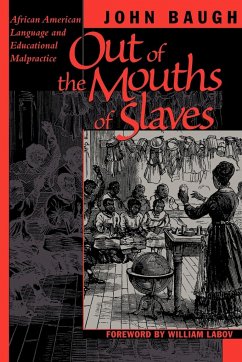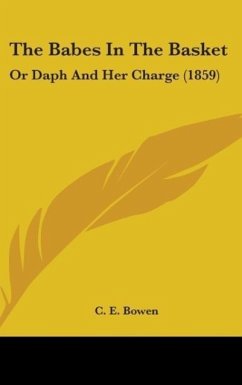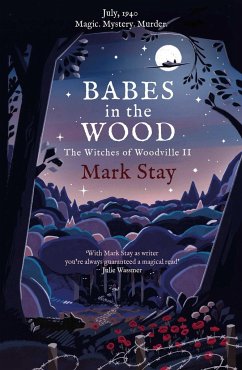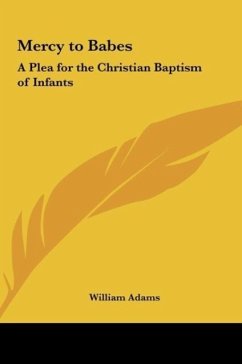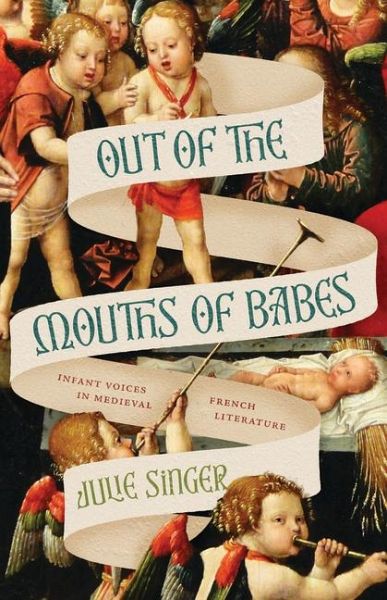
Out of the Mouths of Babes
Infant Voices in Medieval French Literature
Versandkostenfrei!
Versandfertig in 2-4 Wochen
43,99 €
inkl. MwSt.

PAYBACK Punkte
22 °P sammeln!
A wide-ranging study of the rich questions raised by speaking infants in medieval French literature. Medieval literature is full of strange moments when infants (even fetuses) speak. In Out of the Mouths of Babes, Julie Singer explores the unsettling questions raised by these events, including What is a person? Is speech fundamental to our humanity? And what does it mean, or what does it matter, to speak truth to power? Singer contends that descriptions of baby talk in medieval French literature are far from trivial. Through treatises, manuals, poetry, and devotional texts, Singer charts how w...
A wide-ranging study of the rich questions raised by speaking infants in medieval French literature. Medieval literature is full of strange moments when infants (even fetuses) speak. In Out of the Mouths of Babes, Julie Singer explores the unsettling questions raised by these events, including What is a person? Is speech fundamental to our humanity? And what does it mean, or what does it matter, to speak truth to power? Singer contends that descriptions of baby talk in medieval French literature are far from trivial. Through treatises, manuals, poetry, and devotional texts, Singer charts how writers imagined infants to speak with an authority untainted by human experience. What their children say, then, offers unique insight into medieval hopes for universal answers to life's deepest wonderings.



